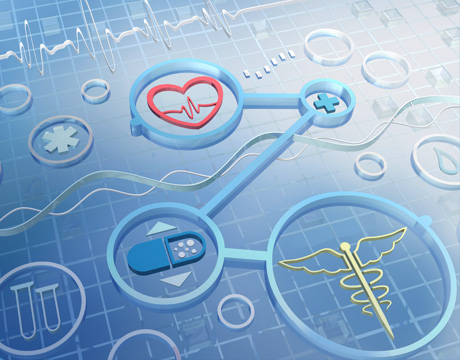Did you know most Americans have or have had some sort of anxiety? All of this information is from the website calm clinic where they got most of their information from National Institute of Mental Health.
SOURCE: http://www.mommyedition.com
- Anxiety is a life altering condition.
Since it is a life altering condition, this means it could change your life completely. If it could change your life easily then it is a very important issue that needs to be stopped as soon as possible. This is interesting because I thought this condition was little but now I know that it is very serious.
- It can affect the way you think, feel, and the way you live.
One little thing that leads to anxiety can change your whole life, which is very scary. This is scary because once you have it, it is hard to overcome, making your life very different.
- Millions of people in the US struggle with it.
At a school like Hinsdale central, where everyone is competing to be better you end up putting stress on yourself. Stress can then lead to anxiety. This is important because it shows that there are so many people out there struggling from this condition.
- 86% of people with anxiety disorders do not seek treatment, or use treatments that are not suitable for their anxiety.
This is shocking because if so many people struggle from this disordered and none of them seek treatment then it is a major issue. When such a high number of people don’t seek treatment it makes me think if people know that they suffer from the disease.
- Often misdiagnosed or underdiagnosed.
This is a major issue. This is an issue because if you don’t know you have it then it can not be fixed. If it is misdiagnosed it is bad because you can be treating something else that doesn't help you and end up causing more anxiety.
- Genetics plays a role mostly with panic disorder.
This is good to know because if your parents have suffered from stress then your odds of also suffering from it are high.
- Experiences also play a role.
I can very much agree that experiences may cause anxiety. I know that before finals I was so scared and have some anxiety about all of my tests. I also know that odds are i'm not the only student that was scared for their finals.
- About 40,000,000 people have or have had an anxiety disorder.
This is a very high number which in my eyes is not surprising. But you would think, if so many people suffer from an anxiety disorder there would be more information out there about it and support groups.
- Women are 60% more likely to suffer from these disorders as men.
In my eyes I can see why this is true. Women have to suffer through much more than boys, which can cause stress leading to anxiety.
- There is a 28.8% chance you will develop an anxiety disorder in your life time.
FUTURE RESEARCH: How does anxiety affect how individuals live and think?




.jpg)
